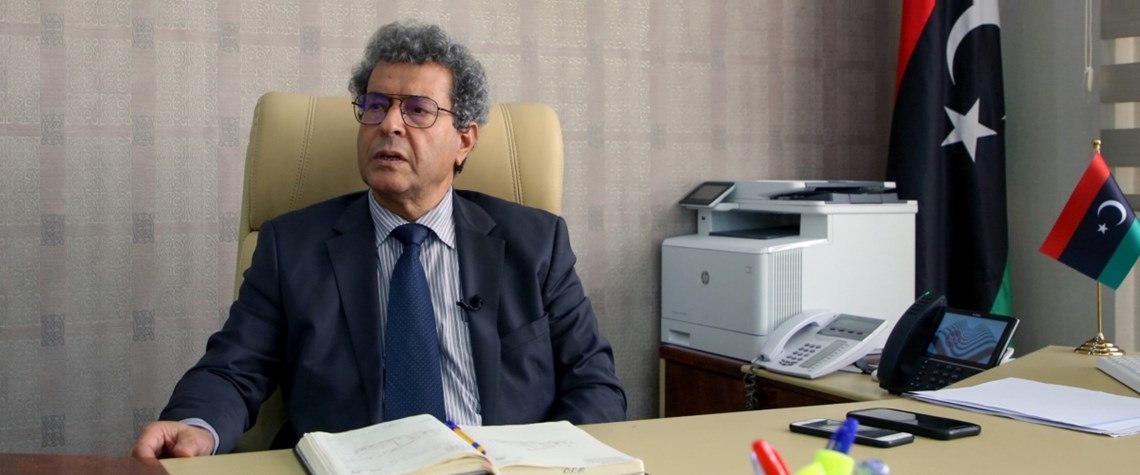Political row threatens Libya’s oil recovery
Tug-of-war to steer Africa’s largest oil reserves risks stalling the country’s recent upstream progress
A political power struggle for control of Libya’s oil industry has thrown it into crisis just as booming production and a civil war ceasefire had begun restoring investor confidence. The dispute is between oil minister Mohamed Oun and National Oil Corporation (NOC) chairman Mustafa Sanalla, with the minister demanding Sanalla’s suspension and the chairman refusing to go. The roots of the conflict began in March, when the Government of National Unity (GNU) took office—replacing rival, warring administrations in Tripoli and Tobruk. GNU prime minister Abdulhamid Dbeibeh revived the post of oil minister and appointed Oun, Libya’s former Opec representative. Libya has not had an oil ministry for

Also in this section
17 February 2026
The 25th WPC Energy Congress, taking place in Riyadh, Saudi Arabia from 26–30 April 2026, will bring together leaders from the political, industrial, financial and technology sectors under the unifying theme “Pathways to an Energy Future for All”
17 February 2026
Siemens Energy has been active in the Kingdom for nearly a century, evolving over that time from a project-based foreign supplier to a locally operating multi-national company with its own domestic supply chain and workforce
17 February 2026
Eni’s chief operating officer for global natural resources, Guido Brusco, takes stock of the company’s key achievements over the past year, and what differentiates its strategy from those of its peers in the LNG sector and beyond
16 February 2026
As the third wave of global LNG arrives, Wood Mackenzie’s director for Europe gas and LNG, Tom Marzec-Manser, discusses with Petroleum Economist the outlook for Europe’s gas market in 2026







